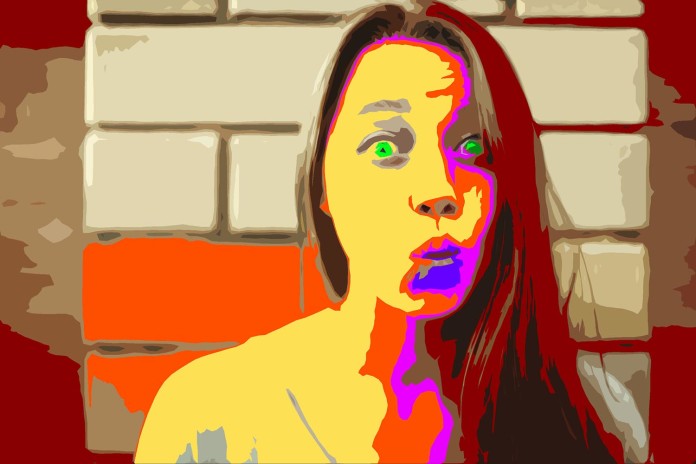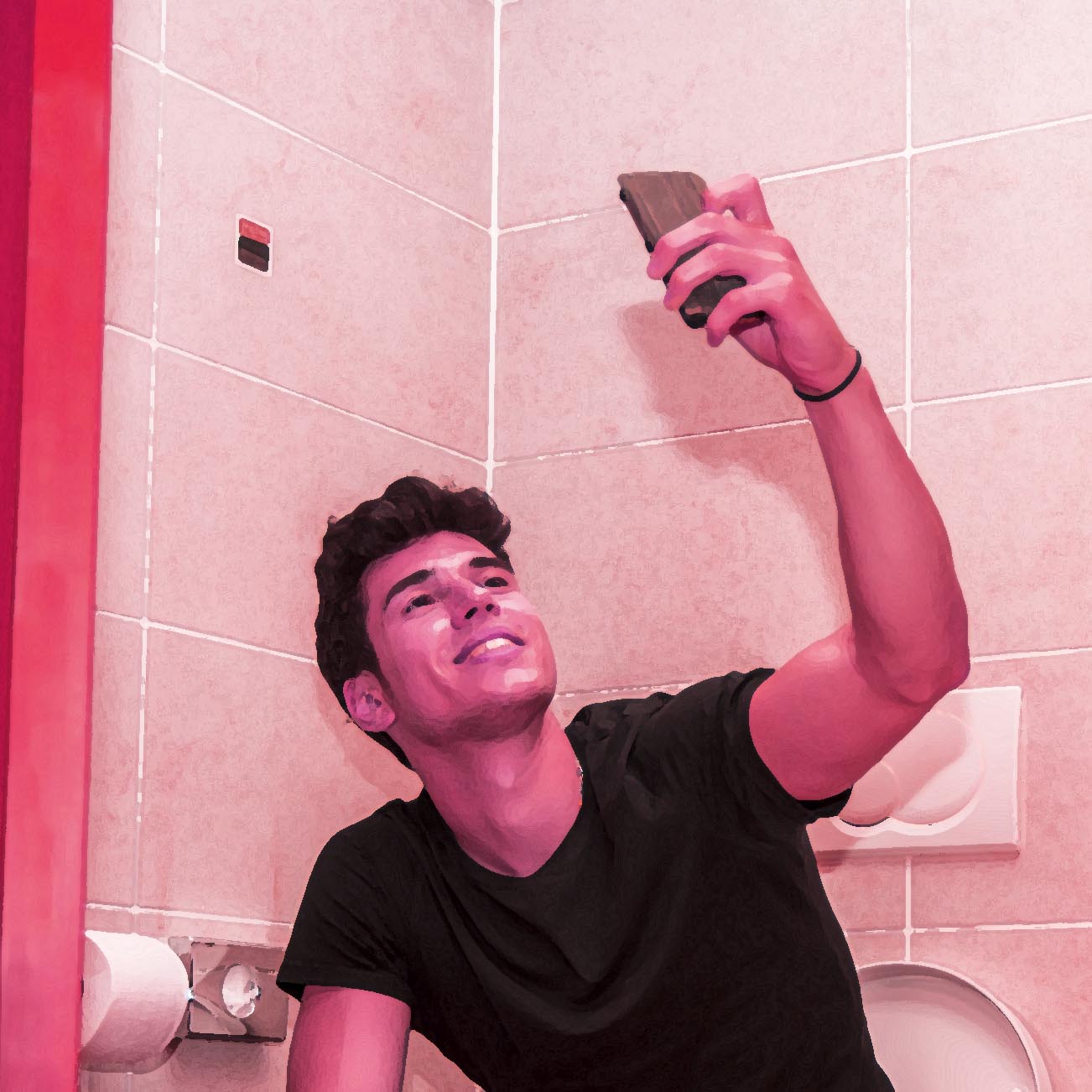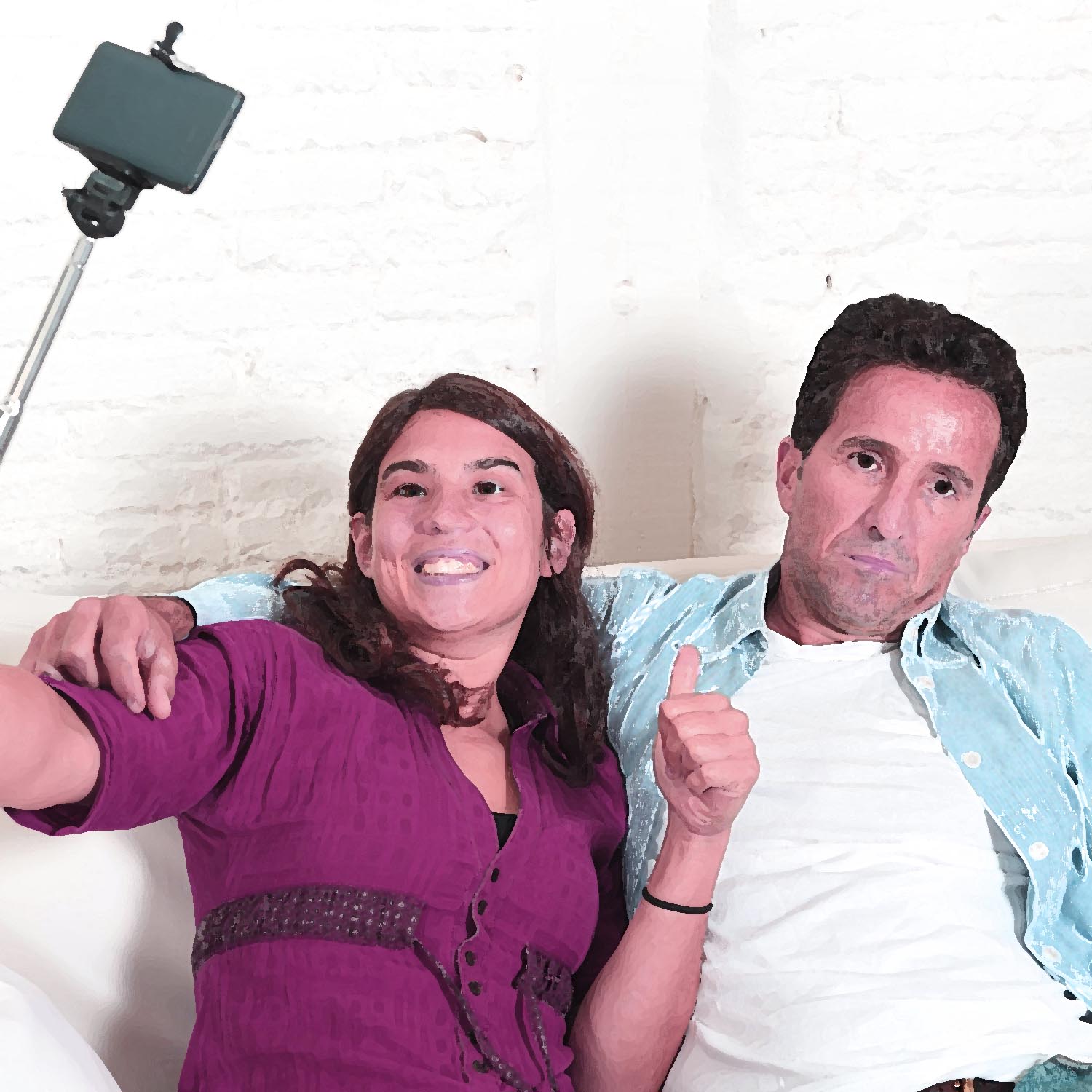
MIT Computer Science and Artificial Intelligence Lab has created a ‘boring selfie algorithm. It can predict how memorable your picture is. The science behind it makes it as accurate as a pair of human eyes. When compared to other existing algorithms, Memnet performed 30% more closely to humans.

MemNet Uses A Heat Map to Highlight What Parts of a Selfie Are Memorable
A demo of the algorithm is already live on the internet. Here, users can upload their selfies and get a ‘memorability score’ for it. The algorithm uses a heat map to shows which parts of the selfie are forgettable. It also shows which are not. The MIT team behind this algorithm published a paper that details their approach to image memorability at a large scale. They hope this tool will help researchers and people understand how visual information is processed.

The Boring Selfie Algorithm Will Be Releasing an App in the Future
The team consisted of Aditya Koshla, Akhil S. Raju, Antonio Torralba and Aude Oliva. They are looking to also find out the effect of photo filters on image memorability. Why and how does airbrushing make a shot more ‘photogenic’? In the future, this algorithm will be able to predict which filters and tweaks make an image more memorable.
This New Technology Will Change Ad and Marketing Content
The first application for this kind of tool is for marketing and advertising. This will help these firms catch people’s attention by structuring ads in a way that ensures memorability. This could also go into the medical field. Doctors and physicians could use it to improve memory and diagnose any issues with it.
MemNet: The Boring Selfie Algorithm
MemNet was created from deep learning AI techniques. It analyzed thousands of tagged images from a series of different data sets. These images were filtered to highlight emotional impact as well as popularity. The main data set, LaMem, was also published by the research team. This is in hopes that other groups will study the subject and advance the technology.
This Algorithm Proves that Exposed Body Parts and Faces Tend to Be More Memorable
Koshla confirmed that the algorithm noticed that certain exposed body parts and faces are more memorable. On the other hand, landscapes like beaches or the horizon tended to be very forgettable. Maybe because the internet is full of them, and people may be desensitized to outdoor scenes.
The strategy of the research was simple. The team took a group of people and showed them a series of pictures. They were then asked to press a button when they saw an image they’d seen before. From this, the team created the memorability score that trained the boring selfie algorithm. The team brought in 5,000 people from the Amazon Mechanical Turk crowdsourcing platform to look at a series of images. Each image on the LaMem dataset was viewed 80 times on average.
Boring Selfie Algorithm Isn’t Perfect
The algorithm has been trained to find memorability on natural images, so it’s not very efficient when it comes to logos and line drawings. In the future, the team hopes to train the algorithm to predict memorability when it comes to colors and fonts in logos, which would extend its commercial uses. For now, the team is focusing on faces. The MIT team has previous experience with face memorability, and they made an algorithm for it in the past, but this takes things to a broader and slightly higher scale. The team hopes that MemNet will be able to predict the memory of specific people. It will also be developed to cater to their needs, like logo design and retail in the fashion industry.
For now, the team is all about faces. The MIT team has experience with face memorability, and they made an algorithm for it in the past. MemNet takes things to the next level. The team hopes that MemNet will be able to predict the memory of specific people. It will also be made to cater to specific needs, like logo design and retail in the fashion industry.

How Does this Fare Against the Facebook AI?
Naturally, this algorithm is miles away from Mark Zuckerberg’s Facebook AI. This is for obvious reasons. However, the project has plenty of promise. It’s possible that Facebook itself acquires this kind of technology to better market their brand to the world.

















